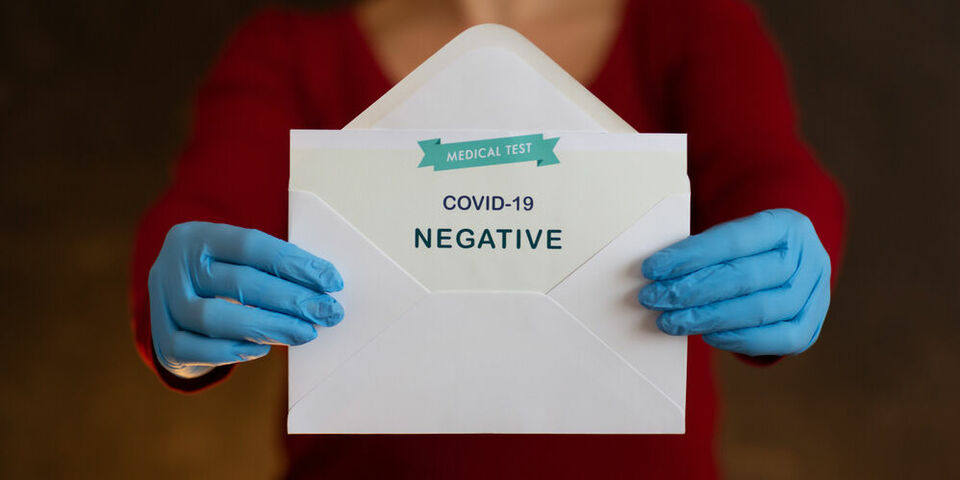Government: compulsory Covid testing on campus possible, but not ideal
Minister of Health De Jonge does not think that universities and colleges should be allowed to deny students access to campus if they are unable to show a negative Covid test. But the proposed law he submitted does not rule this out.
De Jonge was a guest on the television programme Goedemorgen Nederland on Monday. He was asked about Radboud University Rector Magnificus Han van Krieken’s intention to only allow vaccinated people and people with a negative test result on campus after the summer. “Those who do not meet the conditions will not be allowed in”, Van Krieken said.
In principle, De Jonge thinks it is a good idea for institutions to make intensive use of rapid and at-home testing. “This will allow you, with more peace of mind, to slowly move towards allowing more face-to-face education.”
Not practical
But mandatory testing was a step too far for the outgoing minister. “I don’t think there will be access testing at universities”, he said, as this would “not be very practical” for most institutions. Moreover, he hopes that in the new academic year the Netherlands will be so far along with its vaccination programme as to render such precautions unnecessary.
De Jonge emphasised that the government only wants access tests at “non-essential” gatherings, such as sports activities, events and in the hospitality industry. “We are going to lay down in a law which sectors can and cannot ask to see a negative test result.”
Exception
That legislative proposal was online for consultation until this week. But remarkably, it identified higher education as an exception to the rule that access tests can only be used in non-essential sectors.
Because the current situation, in which students take almost all of their classes online, has all kinds of “undesirable consequences” for students, an explanation states. Both their mental well-being and their study progress are suffering.
The proposed law should therefore make it possible to make a negative test result compulsory in higher education, “so that, for example, it is possible to deviate from the social distance standard for students who have tested negative”.
At the same time, this does not mean that compulsory testing will definitely be introduced on campuses. That depends, among other things, on the number of infections and the other measures in place. The results of the current pilots in education will also play a role.
These examine, for example, whether crowd control or student and staff ‘bubbles’ can be used to provide more physical education. Measures like these are “strongly preferred” to the use of compulsory testing, according to the explanation.
Wary
Education Minister Van Engelshoven is also wary of mandatory testing on campus, she said Monday during a discussion with students at Rotterdam University of Applied Sciences. “What we don’t want is for a negative test to become a condition for receiving education.”
According to Van Engelshoven, the cabinet’s proposed law does provide scope for this. “But actually, all of us are saying: that’s not what we want.” She hopes instead that sufficient rapid and at-home test kits will soon be available on the market. “That is one way in which we can offer the prospect of more physical education sooner.”
Ron Bormans, board chair at Rotterdam University of Applied Sciences, is also not in favour of compulsory testing or vaccination. “We can’t create entry gates that only grant access to those with a negative test result or a vaccination certificate”, he said in a conversation with Profielen. He expects that education will partly have to continue online after the summer.


Discussion